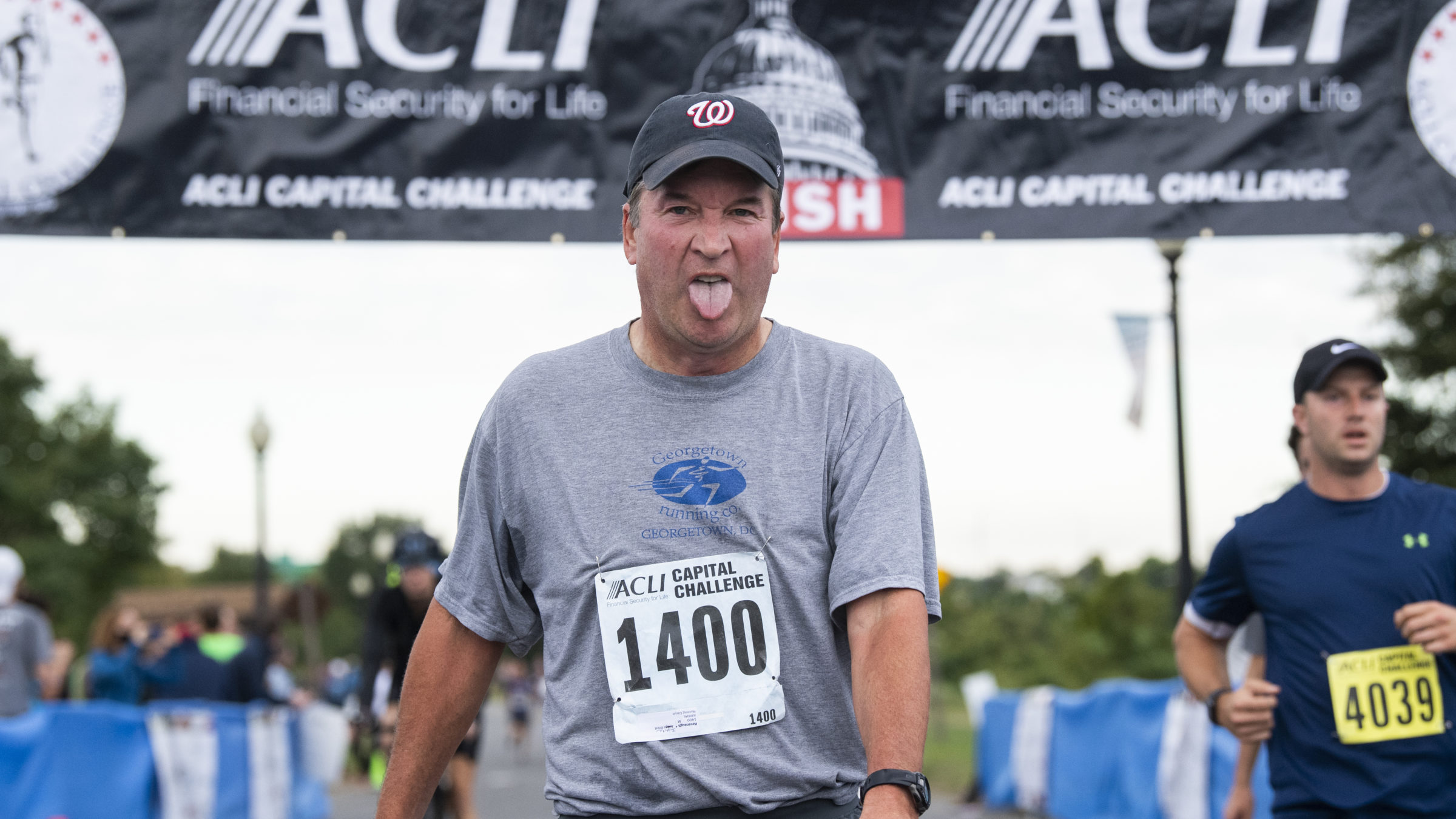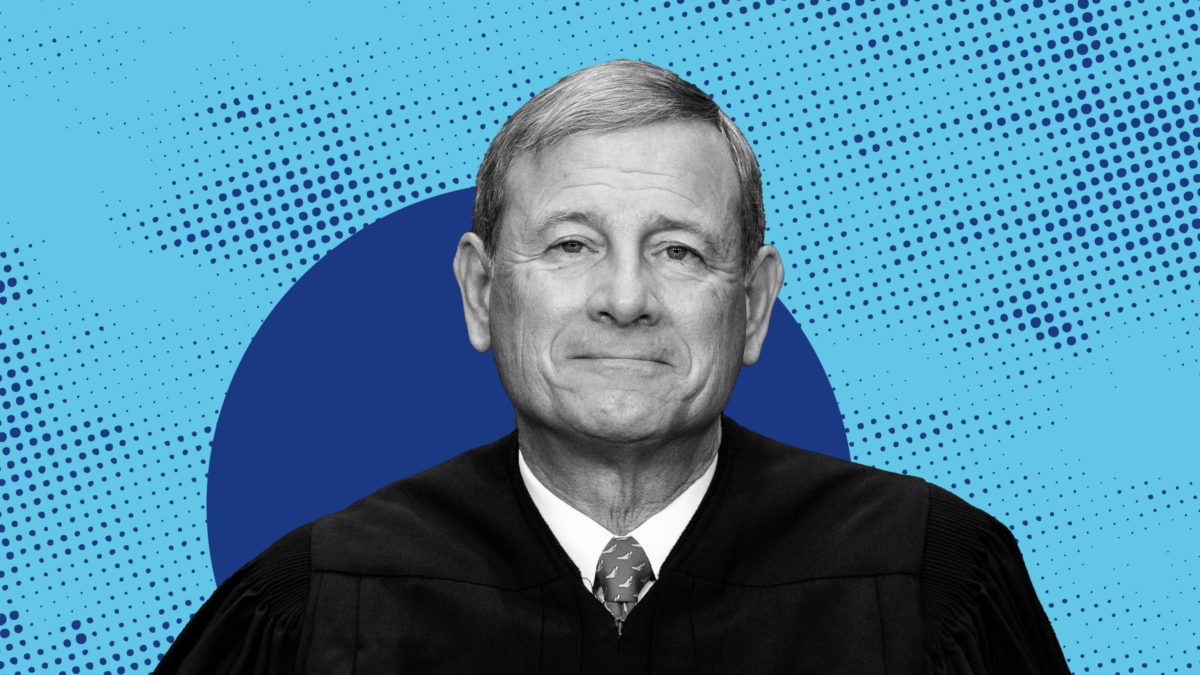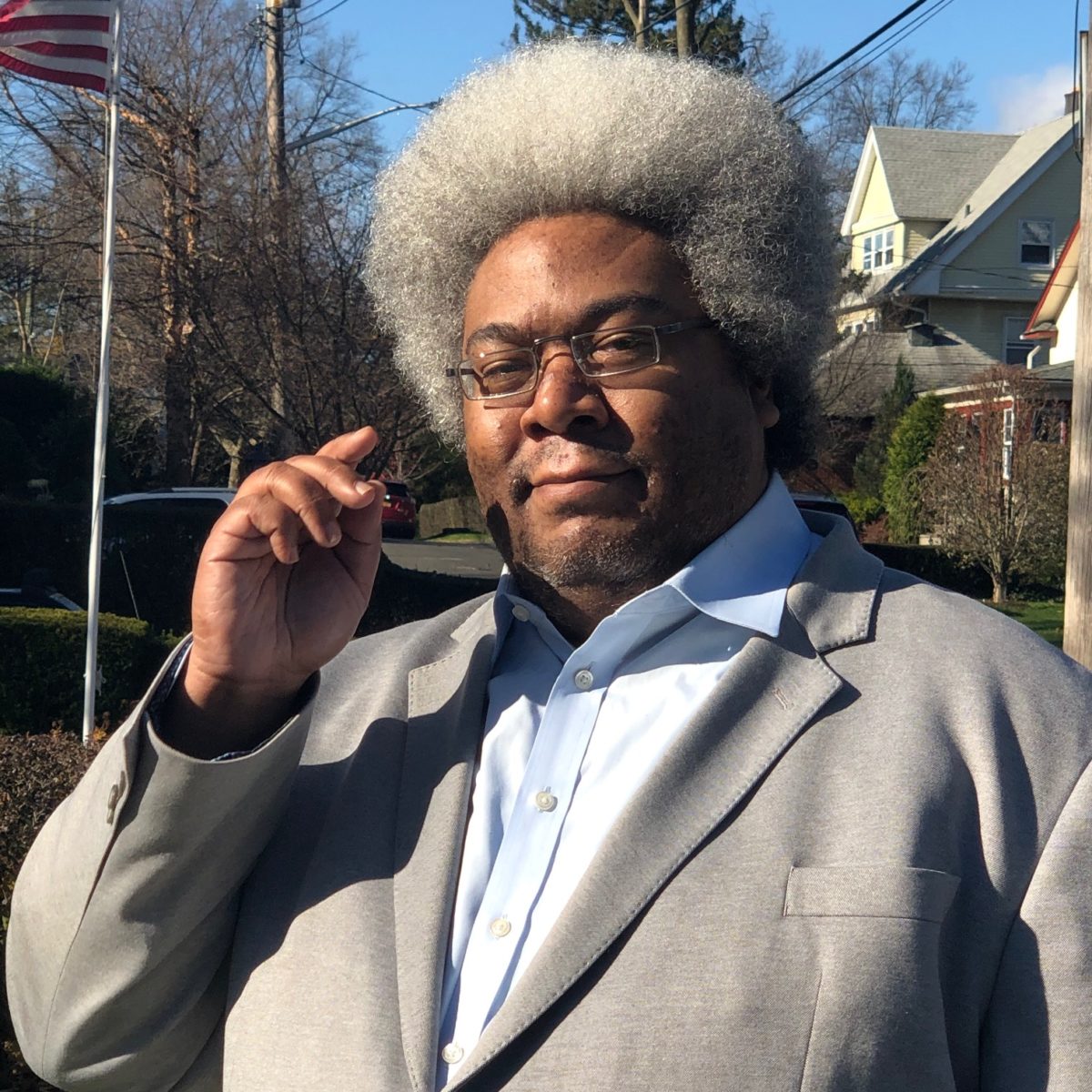Everybody now knows Clarence and Ginni Thomas are an ethical clown show that needs to be stopped. Ginni Thomas, a political activist, has had a decades-long career supporting conservative causes and getting paid by conservative interests. Justice Clarence Thomas, also a political activist, has spent three decades on the Supreme Court voting in favor of those conservative causes and interests.
The appearance of corruption has made the Thomases’ “ethics” a running joke for 30 years, but now the couple has added a shocking new insurrection-adjacent conflict of interest to the mix. Earlier this year, Clarence Thomas was the lone dissenter in a case which forced Donald Trump to turn over presidential records relating to his failed coup—a coup which Ginni Thomas appears to have encouraged via text messages to Trump’s Chief of Staff, Mark Meadows.
Clarence and Ginni claim that they don’t talk about their mutual professional interests. I don’t believe them, but what matters is that their bank accounts commingle even if their pillow talk does not.
The farce of Thomas participating in cases that could lead to congressional oversight of or even criminal charges against his wife has prompted many to call for him to recuse himself from election-related matters. And yet nobody can make him. The legal bar for holding a Supreme Court justice accountable is all or nothing: impeachment or GTFO. And while every other court in this country has some ethical code of conduct its judges are obligated to follow, these rules are not binding on the nine justices. Instead, each justice keeps their own counsel on when they do and do not care about the appearance of impropriety. Chief Justice John Roberts has said that justices may “consult” the rules, but claims his court has “no reason” to adopt them as a “definitive source of ethical guidance.” The Supreme Court’s position is that only the Supreme Court can police itself.
There have been Roman emperors more adept at showing self-restraint than this unelected nine-member tribunal that claims supremacy over constitutional interpretation. Clarence Thomas has not policed himself. Neither has alleged attempted rapist Brett Kavanaugh, who was problematic long before the FBI conducted the world’s fastest “investigation” in order to “clear” him on Chuck Grassley’s timeline. As a judge on the D.C. Circuit Court of Appeals, Kavanaugh was the subject of 83 ethics complaints that were suddenly, magically thrown out once Kavanaugh ascended to the Court. In 2019, federal appeals court judge Timothy Tymkovich ruled that he lacked jurisdiction to even investigate these complaints; as a Supreme Court justice, Tymkovich explained, Kavanaugh was simply not covered by the rules any longer, even if his misconduct occurred while he was on a lower court.

When you are extremely ethical (Photo By Tom Williams/CQ-Roll Call, Inc via Getty Images)
One of the only people who could step into this accountability vacuum is Chief Justice John Roberts. He has no formal power to bring his fellow justices to heel; his position as chief is largely ceremonial, he “governs” the Supreme Court largely through norms, and the Constitution confers upon him no special power. Yet I think Roberts could make a difference, if he cared to do so. I believe Republican media elites like George Will wouldn’t be brushing off Ginni Thomas’s insurrection emails as a “kerfuffle” if Roberts were calling on Thomas to recuse himself. I think Roberts could have called Republicans to account for their unprecedented obstruction of Merrick Garland’s nomination in 2016. And I believe Roberts, who presided over two presidential impeachments, could have used his power to make sure the American people saw all the evidence of Trump’s crimes, even as Republicans were intent on covering it up.
Roberts did none of these things, of course, because Roberts wants the judiciary to be a secretive bastion of unaccountable right-wing power. He is the O.G. of acting like judicial impartiality requires him to be agnostic in the face of looming authoritarianism. He fashions himself an “umpire” when really he’s a homer who enforces the rules against the other team, but pretends not to see infractions committed by his. And although Roberts regularly extols the virtues of the judiciary’s ability to police itself, as the leader of that branch, he has done absolutely nothing to ensure that self-policing takes place. All Roberts really seems to care about is suppressing the Black vote while liberal law professors praise him for showing “restraint” by only ignoring the 15th Amendment, while Thomas, Alito, and Gorsuch want to get rid of the 5th, 6th, 7th, 8th, 9th, 14th, 16th, 19th, and 24th Amendments as well.
The “norm” of allowing Supreme Court justices to take ethical liberties without fear of censure or rebuke needs to stop. The entity that should be policing the Supreme Court is Congress—which, incidentally, Democrats control right now. Congress has the constitutional power to set up the rules under which the judiciary functions, including ethical guidelines for Supreme Court justices. The Constitution says that federal justices serve while in “Good Behavior,” but is silent on what “good” behavior entails. It’s on Congress to resolve that ambiguity.
I believe a comfortable majority of the American people would support a law barring a judge from ruling on whether his spouse’s text messages can be subpoenaed by a congressional oversight committee. A majority of people might even be shocked that no such rule is in place already.
The idea that judges can police themselves is as stupid as the idea that any institution is good at policing itself. Our system of government isn’t designed around the concept of self-policing; it’s designed around the concept of checks and balances. Here, Congress needs to check the judiciary’s ethical malfunctions. There should be clear rules about when judges and justices have to remove themselves from cases. There should be prohibitions on political activities and fundraising for political organizations while sitting as a federal judge. These rules must come with actual punishments and consequences for violations. It’s simply not acceptable for a judge to “forget” who they owe a favor to, or which litigant will help their financial portfolio, until after the case or controversy has been resolved.
Democrats could call their ethics package “The Ginni Thomas Rule.” I believe a comfortable majority of the American people would support a law barring a judge from ruling on whether his spouse’s text messages can be subpoenaed by a congressional oversight committee. A majority of people might even be shocked that no such rule is in place already.
Supporting candidates who favor ethics reform is a simple litmus test for the primary season and the midterms. Maybe it’s too much to ask Democrats to support aggressive Court reform, and maybe Republicans think graft is a feature not a bug. But is it really too much to require Supreme Court justices to recuse themselves from cases involving their spouses, families, or stock portfolios? Is it too much to expect justices to not appear at fundraising dinners for political action committees or “debating societies”? Do sitting Supreme Court justices really have to go to “The McConnell Center” and stand next to Mitch McConnell while decrying their otherwise self-evident status as “partisan hacks”?
The justices on the Supreme Court have proven incapable of regulating themselves, and treat ethics like a quaint concern which doesn’t apply to their institution. Are they right? Or will lawmakers finally decide to make these nine people subject to the same rules that bind a traffic court judge in Springfield, Anywhere?

